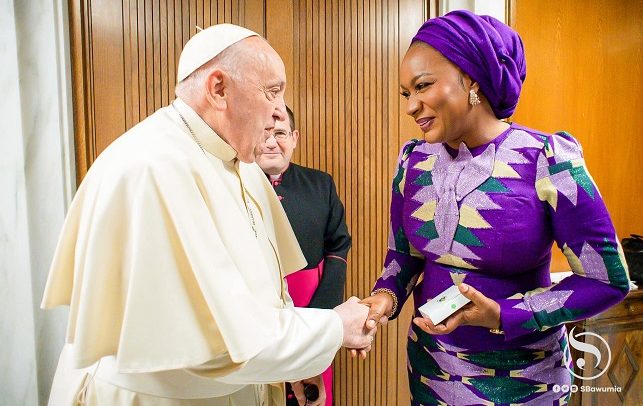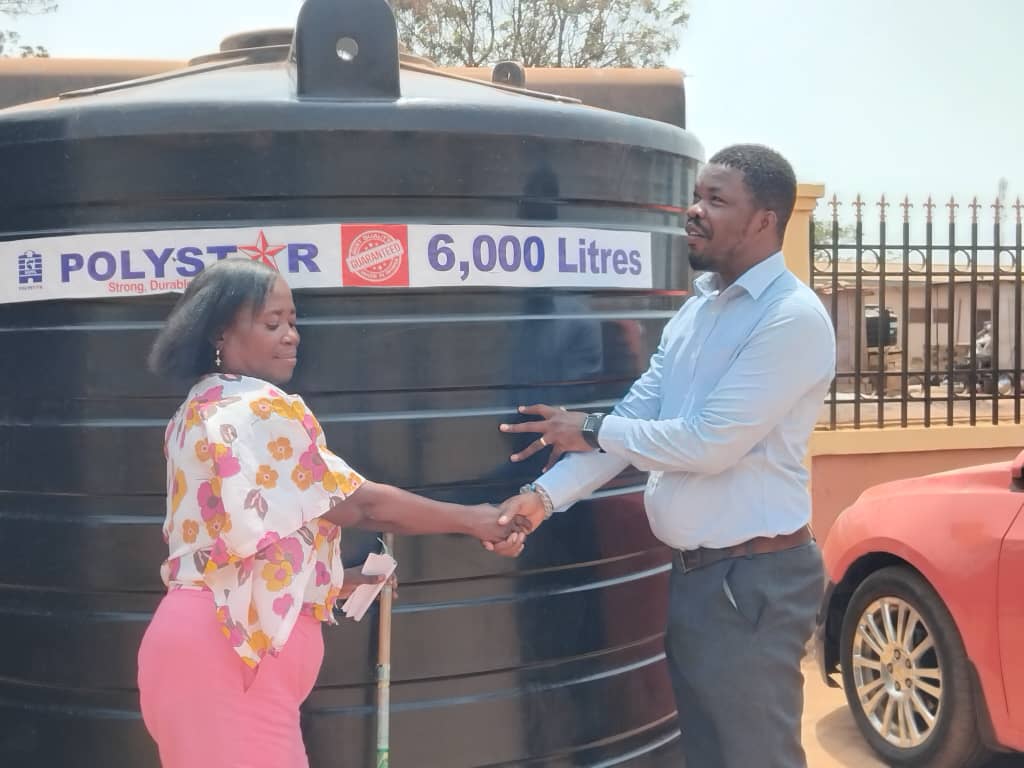
Following the death of Pope Francis on Monday, April 21st, 2025, the Catholic Church faces a monumental moment as preparations begin for the conclave that will elect the next pope.
With 135 cardinal electors set to cast their votes inside the Sistine Chapel, one name is generating global attention: Cardinal Peter Kodwo Appiah Turkson of Ghana.
According to a statistical model developed by the 3News Research Desk, Turkson currently holds an 18.6 percent chance of being elected as the next pope—placing him firmly among the top contenders to succeed Pope Francis and marking a historic opportunity for Africa and Ghana.
If elected, Turkson would become the first pope from Ghana and only the third from the African continent in more than two millennia of Church history. The previous African popes—Victor I, Miltiades, and Gelasius I—served during the early centuries of Christianity, all hailing from North Africa.
A Ghanaian papacy would represent not only a regional breakthrough but also a symbolic shift in the Church’s evolving global identity.
A Legacy of Leadership
Born in 1948 in Western Ghana, Turkson was ordained in 1975 and appointed Archbishop of Cape Coast in 1992. In 2003, he became Ghana’s first cardinal, named by Pope John Paul II. Since then, he has served in several high-ranking Vatican positions, including President of the Pontifical Council for Justice and Peace and the first prefect of the Dicastery for the Promotion of Integral Human Development. Currently, he serves as Chancellor of the Pontifical Academies of Sciences and Social Sciences.
Cardinal Turkson is known for his deep commitment to social justice, climate advocacy, interfaith dialogue, and peacebuilding. His work has placed him at the center of global Catholic discourse on topics such as economic inequality, environmental stewardship, and the Church’s role in conflict mediation. He is widely seen as a theological centrist and bridge-builder—qualities that resonate within a Church increasingly diverse and decentralized.
Modeling the Path to the Papacy
In estimating Turkson’s chances, the 3News Research Desk employed a multi-layered model that reflects the conclave’s complex dynamics. The analysis starts with the understanding that there are around 12 serious candidates, or papabili, making Turkson’s base probability roughly 8.3 percent if all contenders were equally favored.
But in papal elections, not all candidates are viewed equally. The model evaluates individual qualifications across five dimensions: age, curial experience, theological balance, continental momentum, and coalition appeal. Turkson scores strongly across all five categories, particularly in curial experience and his ability to unite different voting blocs.
While he is 76 years old—older than the historical median of 65 for popes—recent popes like Francis and John XXIII were also elected at 76, showing that age is no longer a disqualifier, especially when stability and transitional leadership are valued.
The model then adjusts for regional factors. Africa now holds an estimated 13 to 18 percent probability of producing the next pope, owing to its fast-growing Catholic population and rising influence. As Africa’s most prominent candidate, Turkson is projected to hold approximately 75 percent of that regional probability.
After applying a logistic formula to account for how qualifications translate into electoral viability, the model places Turkson’s direct election chance at 4.2 percent. However, conclaves often do not yield immediate outcomes. If no cardinal receives the required two-thirds majority after 33 or 34 rounds of voting, a runoff takes place between the top two candidates—excluding them from voting.
Turkson’s statesmanship and neutrality make him a strong consensus candidate in a runoff. The model estimates he has a 30 percent chance of reaching the final two and, once there, a 50 percent chance of securing victory.
This brings Turkson’s total election probability to 18.6 percent, factoring in both direct and runoff paths. While no model can fully capture the secrecy and spirituality of a conclave, this estimate reflects a realistic and data-informed view of his prospects.
A Turning Point for the Church
An 18.6 percent chance may not suggest inevitability, but in the context of a papal conclave—where frontrunners are rare and compromise is often the key—it is significant. Cardinal Turkson represents a bridge between tradition and renewal, between Rome and the Global South, and between doctrine and diplomacy.
His election would mark a profound milestone not only for Ghana but for the Catholic Church’s identity in the 21st century. It would be a recognition of the Church’s demographic and spiritual heartbeat increasingly shifting toward Africa, Latin America, and Asia.
As cardinals prepare to enter the conclave, cloaked in prayer and deliberation, the world waits. And as the smoke rises once again over the Sistine Chapel, the name Peter Turkson is one the world—and the Church—will be watching closely.
By 3News Research Desk | April 22, 2025
The post Electing the next Pope: Assessing the chances of Cardinal Peter Appiah Turkson first appeared on 3News.
Read Full Story























Facebook
Twitter
Pinterest
Instagram
Google+
YouTube
LinkedIn
RSS